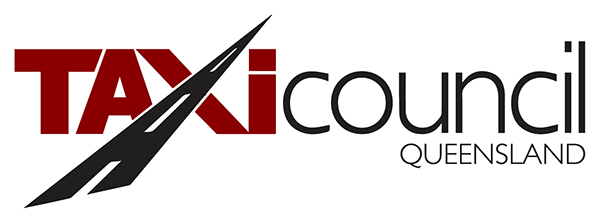17/03/2020
Calls for help to make it easier for Queensland residents needing wheelchair-accessible taxis have been answered after the State Government announced a $21 million investment to address the issue.
The under-supply of wheelchair-accessible taxis was highlighted in September last year after the Wynnum Herald reported bayside resident Mel Cheal and his wife were left stranded for hours waiting for a taxi.
And after Mr Cheal’s wife, Eileen, died in January – he made it his mission to continue to fight for people in similar situations.
More than 50 taxi operators will benefit from the grants scheme, which will help taxi companies upgrade current vehicles to be wheelchair accessible.
“This funding will help operators across Queensland to upgrade their older vehicles, so those vehicles can stay in service, rather than dropping out of the accessible taxi fleet when they become too expensive to maintain, or reach the end of their serviceable life,” Transport and Main Rods Minister, Mark Bailey, said.
“The grants not only aid with replacing written-off vehicles and ageing taxis but also provide funding for existing conventional taxi licence operators to replace their vehicles with wheelchair accessible taxis in some areas.
“Following a recent assessment process, grants have now been approved for 51 new wheelchair accessible taxis.”
Disability Services Minister Coralee O’Rourke said successful applicants would receive 50 per cent funding for the cost to purchase and modify a new wheelchair accessible taxi, up to a maximum grant of $45,000.
But 13cabs general manager Matt McLachlan said the funding would not resolve the under-supply of taxi licences in Brisbane.
“We are aware of, and appreciate, the government’s commitment to invest in replacing existing vehicles. It’s a great initiative to ensure Queensland’s most vulnerable citizens have access to safe transport options,” he said.
“Unfortunately, this commitment does not resolve the under supply of Taxi Licences in Brisbane.
“Any initiative that supports Brisbane residents with a disabilities access to safe and reliable transport is a good one. However, as we continue to explain to the Queensland Government, we simply need more Taxis to supply the increasing demand.”
Mr Cheal said the commitment would be meaningless unless those requiring a wheelchair accessible taxi were given priority.
“As long as the ‘get out of jail clause’ in the Federal and State anti discrimination laws remains applicable to taxis, the provision of the service will cause undue financial hardship to the business or person, they can continue to leave people stranded or not turn up as happened to myself and wife and is still happening now,” he said.
“As it is the taxi operators will just use this as a way to replace their vehicles with a more versatile one or a clapped out one, courtesy of the taxpayer subsidy, and carry on not providing a reliable 24/7 service which is the intention of the subsidy and the legislation.”
Mr Cheal said he was also about to resume his approaches to the organisations he contacted last year on the issue.
